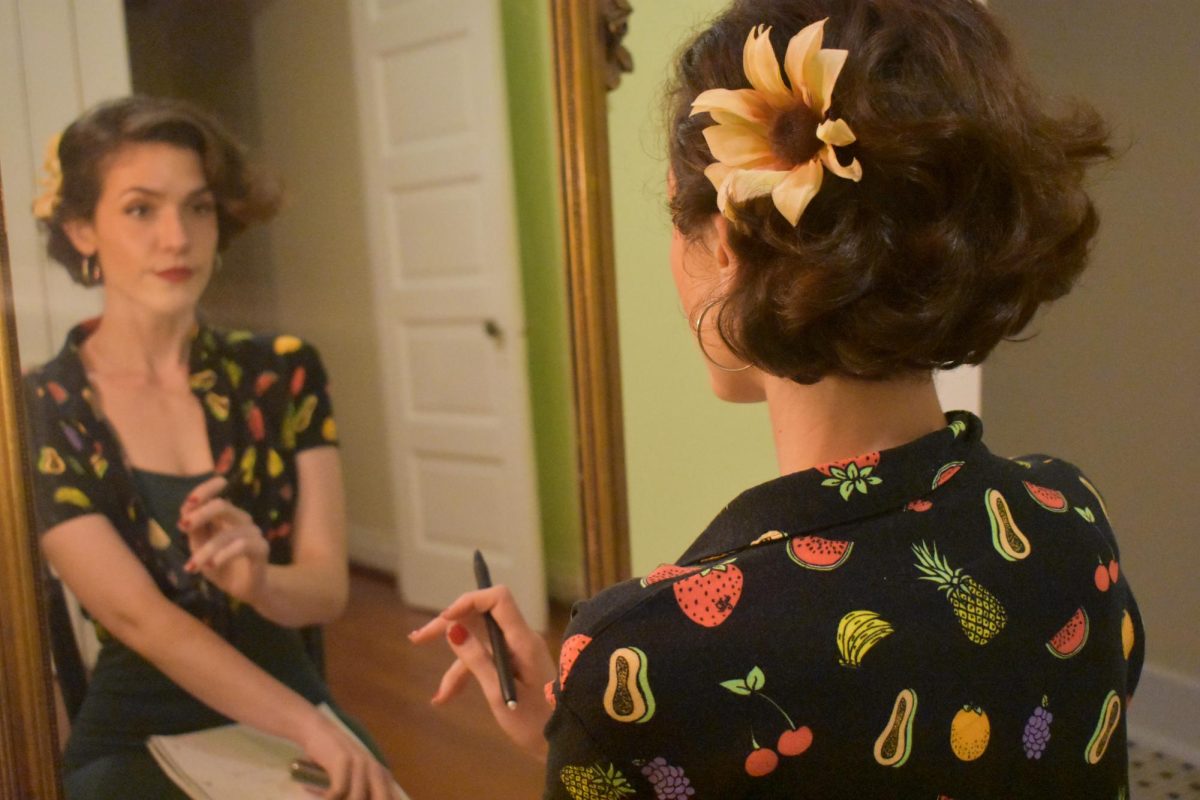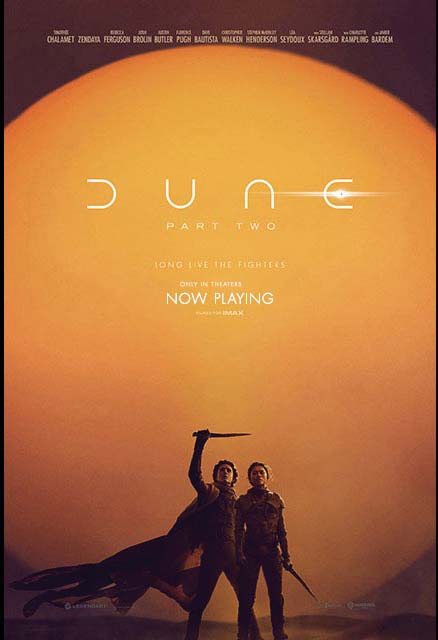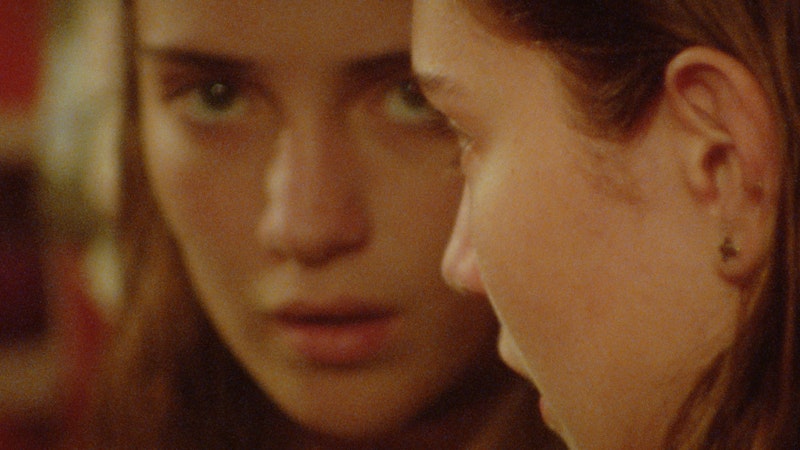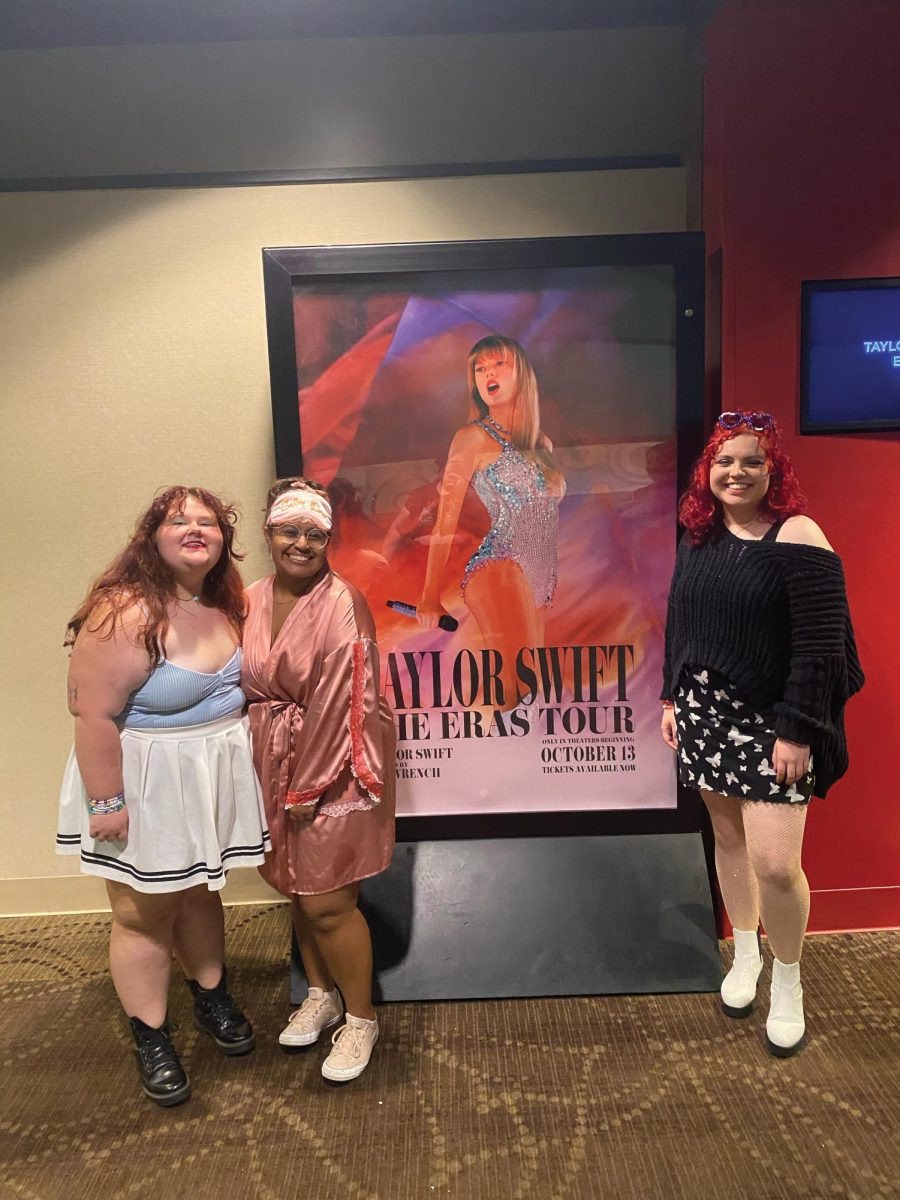Eight years after the international sensation “The Hunger Games” first defined the genre of YA dystopia, a new addition to the franchise re-sparked our generation’s strong opposition to systems of societal oppression.
The prequel highlights the origins of Panem’s means of control through violent spectacle.
On the eve of the 10th annual Hunger Games, a young Coriolanus Snow (Tom Blyth) learns that his efforts to provide for his family will be for naught unless he is able to make a lasting impact on the head gamemaster, Dr. Volumnia Gaul (Viola Davis) by turning his assigned tribute, Lucy Gray Baird (Rachel Zegler) – a traveling performer known for her voice, into a beloved champion.
Blyth’s performance as Snow is bone-chilling, as you see the character transform, his hunger for power and control overtakes his sense of love and humanity. The result is the prototype for the original Hunger Games’ brutal dictator, partially fueled by the sense of abandonment he feels towards his lost love – the aforementioned songbird, Lucy Gray Baird.
Baird becomes a symbol of Snow’s descent into madness, although her departure is well deserved after learning his true intentions and nature. Zegler’s performance as Gray is charming, although her accent was at times overwhelming and inconsistent. Regardless, her voice evokes genuine emotion and adds layers and depth to the film’s themes of oppression, control, and dehumanization.
These general themes are furthered by Davis’ performance as the sadistic Dr. Gaul, who revels in her ability to creatively torture and kill children. Davis plays the character like no other – a disturbing reminder of resources available to those in power, regardless of intention or regard for human life.
Although many of the deviations from the original book seem empty, the empathy imparted on Reaper (Dimitri Abold) sews the seeds of eventual revolution and displays the growing pain and resentment felt by the people of Panem.
Additionally, the depiction of certain supporting characters further make this resentment all the more apparent. Casca Highbottom (Peter Dinklage), Dean of the Academy and unintended founder of the games, becomes ever more sympathetic and understandable as the plot progresses. Dinklage’s acting makes the character’s genuine regret all the more believable.
Josh Andres Rivera’s optimism and passion for change as Sejanus Plinth makes his ultimate fate all the more painful, as this optimism turns to naiveté and his plans implode in on themselves.
The nods to the original trilogy, through the inclusion of familiar characters, were appreciated. Jason Schwartzman’s Lucretius “Lucky” Flickerman feels almost comforting, although his clever humor is often detrimental to terrified tributes and disturbed onlookers. The character, obviously, is reminiscent of Stanley Tucci’s Caesar Flickerman in the original four films.
In a more direct comparison, Hunter Schafer’s haunting optimism and beauty as Tigris Snow makes the character’s original appearance in Mockingjay Part 2 all the more heartbreaking, as she is far from the mutilated and disillusioned stylist the audience is familiar with.
Although the pacing made it difficult for audiences to fully understand other tributes before they suffered cruel ends, this film was an exciting watch nonetheless. Especially for those of us who fostered an obsession towards the original source material. Old Snow’s voice over at the very end evoked a sense of nostalgia that could send any fan back to middle school.
“The Hunger Games: The Ballad of Songbirds and Snakes” is now playing in theaters.




















